Solo mum and Atomic 212 CEO Claire Fenner’s IVF journey
It was a chance comment from a complete stranger during a group therapy session that changed Claire Fenner’s life forever.
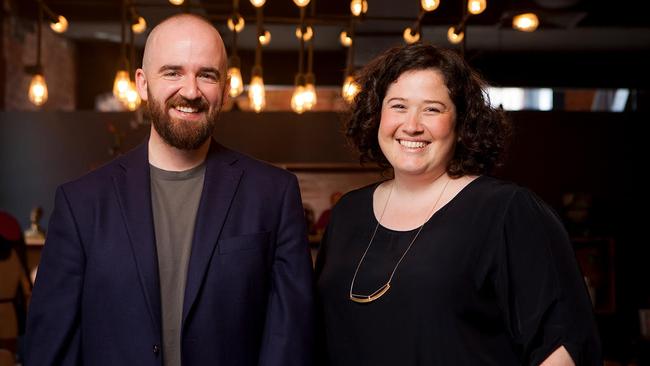
It was a chance comment from a complete stranger during a group therapy session in November 2019 that changed Claire Fenner’s life forever.
The stranger looked about 50 years old. In the session, she had heard Claire talk about her dream of one day of having a child.
“She just came up and said to me after the session, ‘What do you want most in your life?’ I replied, very easily and without having to think too much, ‘To have my own family’,” Claire now recalls.
“Off the back of that she said to me, ‘Why don’t you freeze your eggs because I left it too late and I couldn’t have a child when I finally wanted to’.”
Claire immediately started researching the egg freezing process. But very soon, she stopped.
“I thought, why am I freezing my eggs? I am in a position where I can do it. So I should just have a child.”
Almost two and a half years later, after going through IVF alone, Claire welcomed her daughter Audrey into the world.
During her pregnancy she co-authored a book and continued her duties working as managing director of Australian-owned media agency, Atomic 212°, the biggest independent agency in the country.
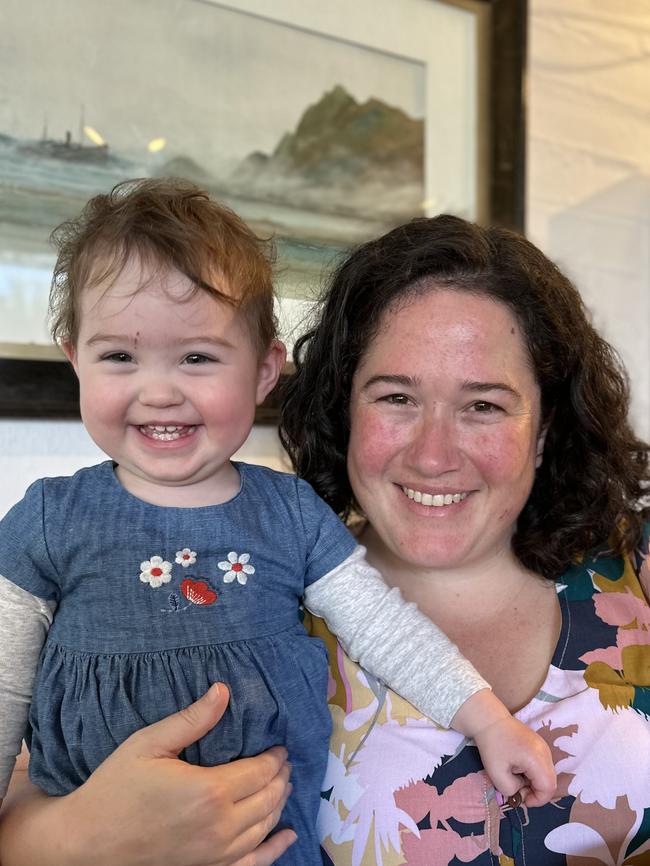
“I had put my work first in my life for a long period. Partly because of the commitment and opportunity I had as a partner within Atomic. But also just to some extent as a coping mechanism for some of the things that were happening in my life. That just naturally de-prioritises your personal life and the ability to meet a partner. So I put everything personal on the back burner for a while,” she says.
“I got to the point where I realised that I didn’t need to wait around, or go and find someone to have a child.
I could still meet someone in the future. I recognised that having a child was the most important thing to me and my future. Then I realised I could take that into my own hands.”
In January this year she returned to full time work after a 12 months maternity leave and was appointed Atomic’s national chief executive on March 1, after previously being managing director.
When she went off on leave, she handed the reins of Atomic to Rory Heffernan, who was the firm’s first employee back in 2007 when it was a small search performance agency called Atomic Search.
‘So it took me a little while to let it sink in’
Rory is now the firm’s national managing director and they run Atomic together. No one is happier for Claire than Rory. He knows that the joy of Audrey’s birth ended a tumultuous personal period for his dear friend and business partner.
They are only a year apart in age. Claire is 38 and Rory 37.
“Claire is never afraid of a challenge. We are very much a get-shit-done type of group and she is very much a get-shit-done type of person. I’m very proud of her,” he says.
“I knew what she’d been through with her family. So doing what she did in going through IVF made perfect sense.”
Nine years ago, Claire lost her father, Warwick, after his four year battle with cancer. Then two years later her older brother, Ewan, took his own life. He had suffered with bipolar disorder for many years. He was only 33.
At the same time her mother Mary was tragically diagnosed with Alzheimer’s disease.
“I threw myself into work and distracted myself because it was an easy way to escape what had happened and having to deal with it. It was a horrible period,” Claire says softly.
“It has changed my life in many ways, and in some ways for the positive. It drove me to where I am today.”
But having Audrey, she says, has totally changed her perspective on life and her priorities.
“It would have been unheard of four years ago for me to even take a four week holiday without being involved or worrying about what was going on in the business. So just to be able to step away and prioritise something outside of work for months was incredibly fulfilling to me and reset my priorities,” she says.
“Recognising what is valuable and what is important has made me more productive, but also realistic about what we are doing and what is going to be most valuable to our business and for our teams. I think it has definitely changed the way I approach leading this business. I think it is really hard to comprehend the impact that becoming a parent has until you are in it.”
Long road
The oldest technique to help women conceive is often referred to as the “turkey baster method”, the colloquial term for Intrauterine insemination.
In early 2020, it didn’t work for Claire. So she immediately moved into an IVF program.
“There’s quite a process to get up and running with progressing with the actual IVF treatment. They require counselling sessions, and various things like police checks, etc. It is interesting how many checks you get when you are a single person wanting to become a parent,” she says.
The approval process took five months before she started IFV. It took a year for her to fall pregnant. She will never forget the moment.
“I was shocked to be honest. I’m someone that doesn’t get my hopes up too much if it’s something I can’t control. So it took me a little while to let it sink in. I literally got the call walking into a client lunch. My first thought was, ‘Oh f***, I need to think about how I get away with not drinking today!”
But the initial feelings of euphoria quickly gave way to worry. In any IVF process, there is always a risk that the foetus will not be viable.
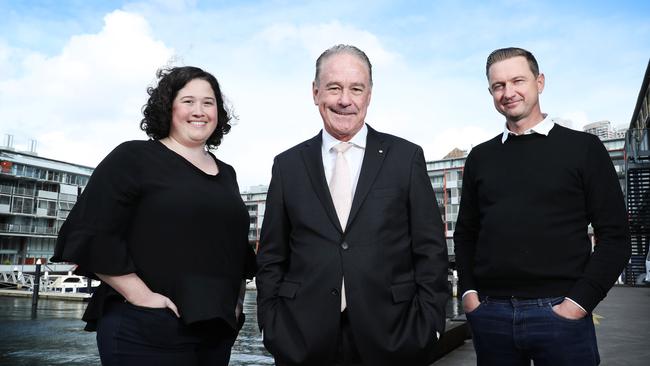
Claire was so concerned that she initially didn’t tell her mother of her pregnancy. It was her unfulfilled life-long dream to have a grand-child. She waited until 20 weeks into the pregnancy to tell her the good news.
“With her condition she will either remember something perfectly and continue to repeat it or she will never compute that it has happened and never remember it at all,” Claire says.
Despite the former’s condition, Mary and Audrey now have a beautiful relationship.
Coincidentally Rory’s wife gave birth to their first child a month before Claire’s IVF journey started.
“I think us knowing each other’s journeys has been a big part of how we work together and how we make decisions around the business and around people,” he says.
“Claire has been through probably more in a few years than some people go through in a lifetime in terms of loss and trauma. What she has achieved as a young person in this industry is remarkable. I know what a role model she is to lots of people in our business and within our industry, so it’s a pleasure to get to work with her every day.”
They first joined forces in 2017 when they pitched for the Origin Energy account, which they won. Rory brought to their alliance his expertise in digital marketing, while Claire brought more traditional media planning experience.
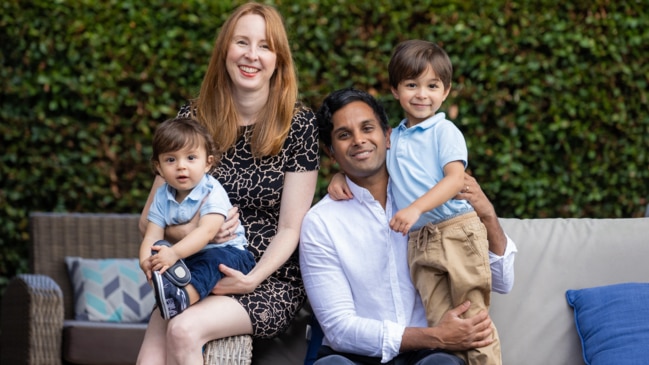
They spent the next four years working closely in Atomic’s Melbourne office before Claire moved to Sydney just before the Covid-19 pandemic took hold in 2021.
“Because of the strength of our working relationship, distance doesn’t matter,” Claire says.
“We are absolutely friends. I consider Rory a very valuable person in my life. We have been through a lot together. We have grown together as leaders.”
Claire owns part of Atomic 212° along with agency founders James Dixon and Barry O’Brien. Barry is a legend of the media and advertising industry, but at the age of 67 many wonder how long he will stay involved. He still plays a key role in negotiations with Atomic’s media partners.
Claire says he “isn’t retiring any time soon.”
“He is someone who is going to work for a very long time in some capacity. He adds a huge amount of value to our business,” she says.
“He obviously recognises that he needs to pass the baton on at some stage. But otherwise, he will be very involved in the business and continue to love it, every minute of his life. I will work with him for a very long time.”
Image restoration
Over the past five years Barry, Claire and Rory have worked hard to restore the image of Atomic in the marketplace after a scandal in 2017 when media and marketing publication Mumbrella exposed a series of false claims, which were created to win awards.
The agency has grown four times in size since 2019 and headcount has doubled in the same timeframe across four offices.
Looking forward Rory says one of the biggest challenges for advertisers will be to continue to generate emotional responses from audiences in a world of five to ten second social media commercials.
“How do you replace those positive traditional memories of advertising that people have in this new landscape?” he asks.
He also ponders if humour will ever return to the pride of place it once had in the medium.
“Out of the emotions you can elicit through advertising, humour is the most powerful in terms of getting someone to recall your message, but it is now the most under-utilised,” he says.
Claire says faster and accountable media is hard-wired into Atomic’s business model. It is obsessed with putting marketing ROI at the centre of all it does.
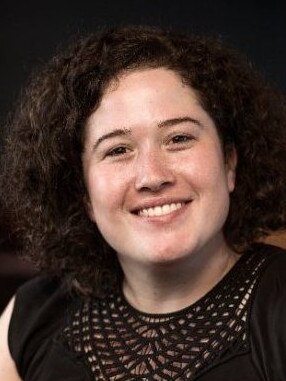
Which is why in June it became the first independent agency to join marketing analytics investment startup Mutinex’s Platinum Partnership Program, which offers an Artificial-Intelligence (AI)-powered market mix modelling platform and partnership benefits.
Rory says the use of AI in the Atomic business has also helped shift its workforce to doing more meaningful work with human interaction.
“AI-driven tools and platforms have taken the grunt work out,” he says.
The generative AI tool Chat GPT is also being used in competitive analysis for clients, providing a foundation level of information about a topic that a client can build upon.
But Claire is clear that the focus of using AI technologies is on creating efficiencies for the firm.
“The human element of what we do is where we really differentiate ourselves. We don’t want to be too reliant on machines,” she says, noting data is always backwards looking.
“We are cautious to make sure we don’t become too reliant on the ease of plugging in a prompt to an AI engine and relying on what it spits out. The best advertisers are leveraging their data sets but also understanding their limitations.”
Atomic remains proudly Australian owned, which Claire says provides a point of difference for the firm - especially as an innovator - in an industry dominated by big multi-national players.
She says her time away from the business in 2022 was fundamentally important in giving Rory the independence and autonomy to build his leadership skills, which now carries into his role as managing director.
While she cannot turn back the clock to avoid the tragic events which have caused so much pain in her life, she proudly contrasts those dark days to the happiness she now feels every day with her daughter.
“I had dealt with all of that before I had Audrey but the meaning she has given my life is just amazing,” she says.
“I’d love to have not gone through any of that stuff and I would love both my parents to be the grandparents I know they would have been to her. But I wouldn’t change where I am today. Because my daughter is incredible.”





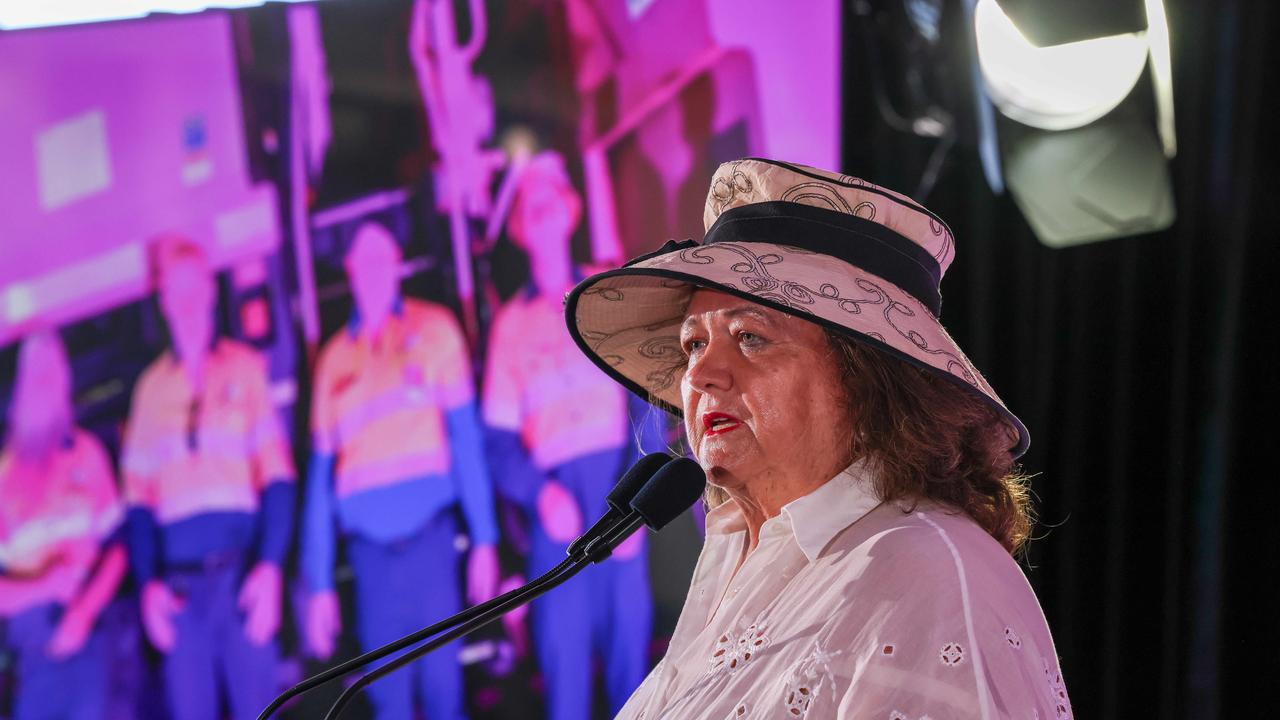
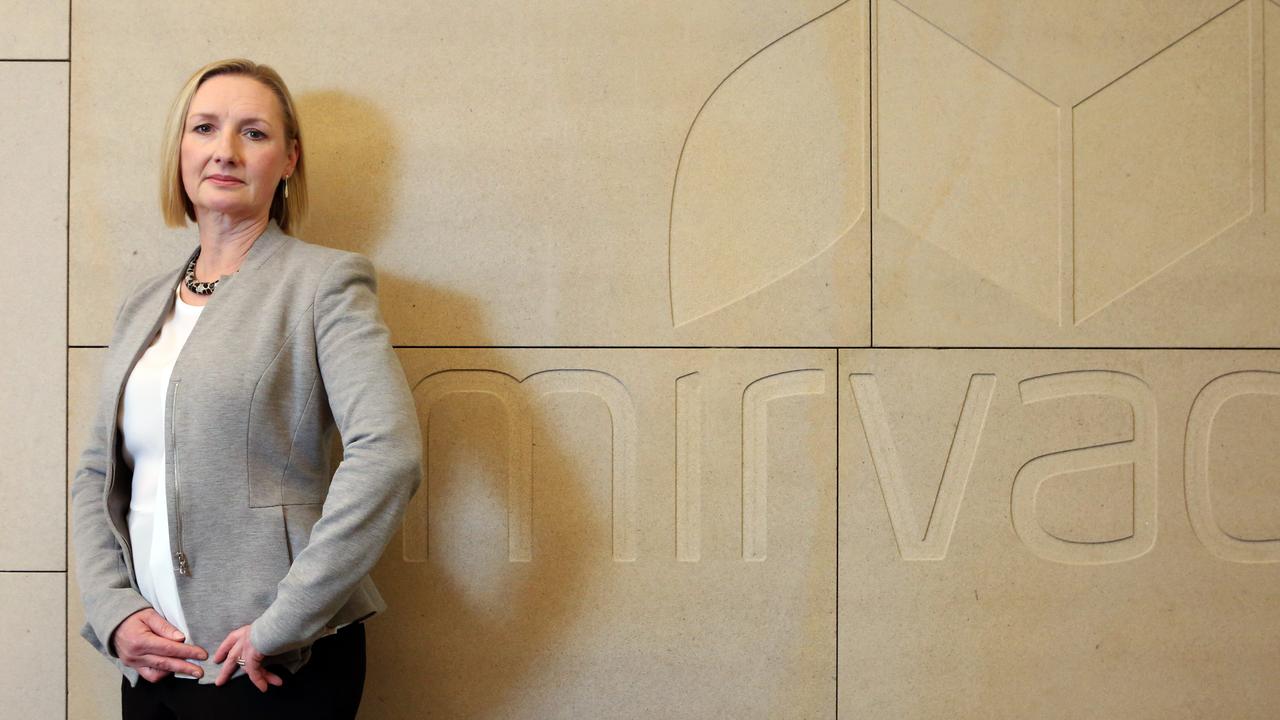
To join the conversation, please log in. Don't have an account? Register
Join the conversation, you are commenting as Logout